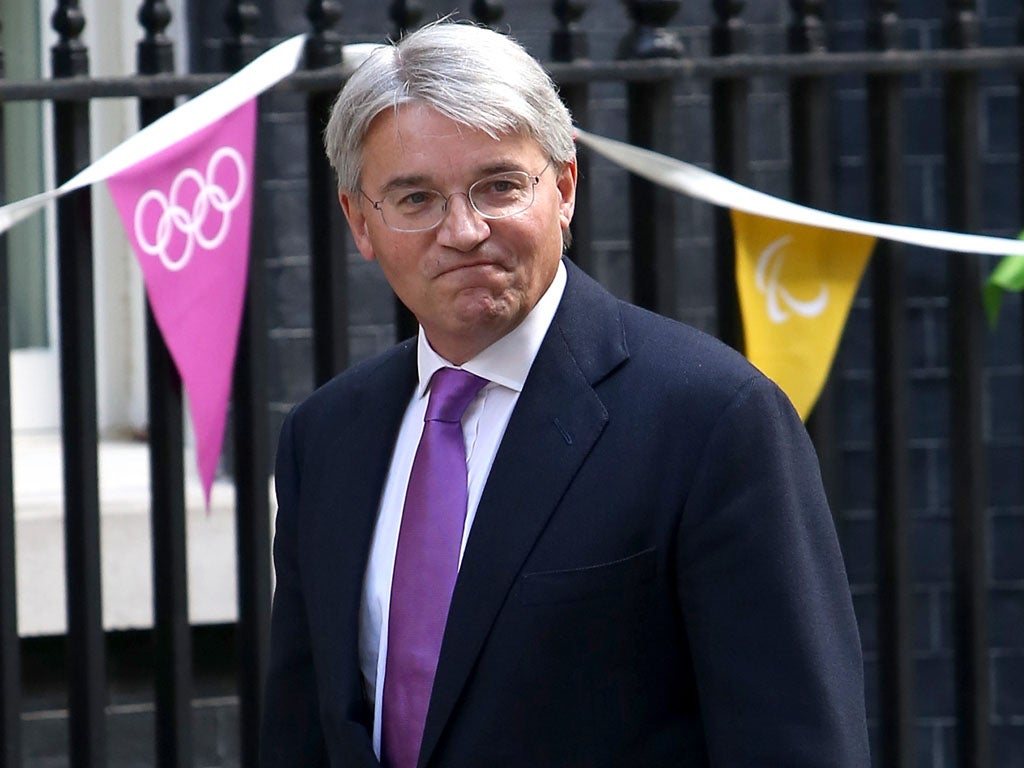Andrew Mitchell isn't the only Tory for whom this saga bodes ill. David Cameron is rightly worried too
With elections for police commissioners on the horizon, the timing could hardly be worse for the Tories. Their new Chief Whip's job just got much harder


David Cameron cannot and should not sack his Chief Whip Andrew Mitchell. Cameron does not know for sure what Mitchell said during his outburst against two police officers in Downing Street. Given the lack of definitive evidence, it would be weak and cruel of a Prime Minister to wreck the career of a minister he has just promoted in order to appear superficially strong and principled.
None the less, this seemingly trivial saga is dangerous not just for Mitchell but for Cameron, too. Partly this is because I guess Mitchell did utter the word “plebs”, or at least fears he might have done. If he had not, he would have made an unequivocal declaration about it. Instead, he opted for a form of words yesterday that was striking and unsubtle in its evasiveness. In not addressing the precise “plebs” point, he suggests at best that he is not certain about what he said. In contrast, the police officers are certain.
There are two consequences from this episode that go well beyond the obvious one that the alleged exchange re-toxifies a Tory brand that was never really de-toxified in the first place. The “Tory brand” question will only be addressed when the party elects a genuine one-nation centrist as its leader.
The first consequence relates to Mitchell’s job. He is the Chief Whip, with a duty to ensure that Conservative MPs behave themselves. Mitchell has lost virtually all authority to carry out this vital task now that he has famously misbehaved.
It is a cliché that when a spin doctor becomes the story he is in near-fatal trouble. The same applies to a Chief Whip. This aspect of the saga is worrying senior ministers at the Liberal Democrats’ conference in Brighton at a point when they were already alarmed at the indiscipline of some Tory MPs and Cameron’s apparent powerlessness over them.
With some justification, they compare the discipline of their parliamentary party, voting for policies they loathe as part of the Coalition Agreement, with the conduct of Tory MPs who are increasingly unwilling to do the same in return. Their worry in terms of the Coalition’s future is not so much whether they can persuade the likes of Cameron and George Osborne to meet some of their policy demands, but whether Cameron can deliver his parliamentary party.
Mitchell is the key figure in ensuring reluctant, ideologically robust Tory MPs vote for policies that the Lib Dems want as part of the ongoing compromises of Coalition. How can he instruct principled Tories not to rock the boat when he has give the boat a rocking that will not be forgotten easily?
Speaking to ministers at the Lib Dem conference, I do not detect much enduring anguish about the collapse of Nick Clegg’s Lords reforms, but real concern over Cameron’s inability to direct his MPs in relation to the policy and what that implies for the future. Mitchell is supposed to be Cameron’s director.
The second specific consequence of the Mitchell saga is that it will heighten tensions with the police at a point when cuts and unpopular reforms are being implemented. It is quite something for a Conservative Party to be at loggerheads with the police, but it is and Mitchell’s outburst has made matters worse.
In Brighton, at the heavily policed Lib Dem conference, several officers have told me their views about Mitchell. They do not believe him. They are as cross with the denial, with the implication that the officers are lying, as they are with the original exchange, which they regard as highly plausible. Their views are not surprising. The fact that they are conveying them to journalists is more so, reflecting their anger with this story and other policies.
As it happens, I support the Conservative leadership’s attempts to make the police more efficient. It is politically courageous and Cameron has a very strong case that quite a lot of the savings – though not all of them – could be achieved without an adverse impact on services. What is crazy is for the Government to combine the cuts with a reform that has been ill thought through and is also unpopular with the police.
In November, voters will have the chance to vote for new police commissioners. Turnouts are likely to be dismally low, and even ministers are alarmed at the quality of candidates that have come forward. Low polling and mediocre candidates are only the beginning of the likely shambles. The newly elected commissioners will blur further the already complicated lines of accountability in relation to police leadership, lines that inevitably lead to the Home Office at moments of intense focus on crime, which is precisely when elected police commissioners might be expected to show their worth. Senior police officers anticipate chaos, at best.
At such a highly charged moment, they are now convinced that a senior Cabinet minister regards them as “plebs”. Even at the height of her crusade, Margaret Thatcher kept the police on board. Mitchell’s spat, and the response from the Police Federation, highlight and reinforce the current level of tension. Rightly, Cameron calculates that Mitchell’s departure would be unfair in the light of the fuzzy evidence, and very damaging so soon after a reshuffle, but the decision to keep him in post is the riskier option.
s.richards@independent.co.uk

Join our commenting forum
Join thought-provoking conversations, follow other Independent readers and see their replies